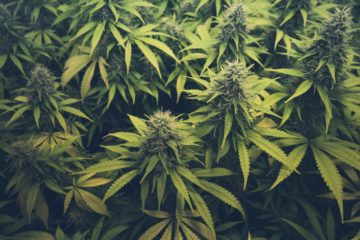
Marijuana Legalization by Blunt Force: A Decade of US Policymaking through Ballot Initiatives
Election day 2020 was another big moment for drug policy reform in the US as voters across diverse states rejected the status quo and endorsed liberalizing drug laws. Arizona, Montana, New Jersey and South Dakota legalized marijuana for recreational purposes as the news proclaimed voters had “just said no to America’s war on drugs,” calling it “a banner year for drug decriminalization.” That election day brought significant wins for drug policy reform is not new. Beginning in 2012 with Colorado and Washington state, 13 out of the 15 states that have legalized recreational cannabis thus far have done so through ballot measures.[1] In 2014, Alaska and Oregon followed suit along with Nevada, Massachusetts, Maine and California in 2016 and Michigan …

What a probable Jamaica coalition means for possible cannabis legalisation in Germany
On September 24th, Germans elected a new parliament. The CDU/CSU won 32.9%, the SPD 20.5%, the AfD 12.6%, the FDP 10.7%, the Green Party 8.9%, Die Linke 9.2%. This outcome, resulting in the presence of six parties in the Bundestag, will complicate the formation of a new governing coalition. The right-wing Alternative für Deutschland (AfD) will enter the German Bundestag for the first time, but is politically shunned by other parties. Die Linke is ideologically too far removed from the Conservatives to ever govern with them. The once proud and mighty German Social Democrats (SPD) have been humbled by the election. In consequence, the Social Democrats have announced their intention to go into opposition. Angela Merkel’s Christian Democrats (CDU/CSU), while …









